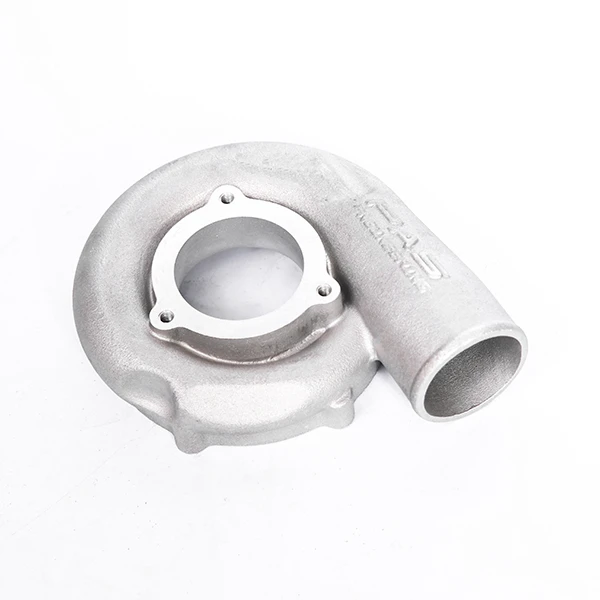Mobile:+86-311-808-126-83
Email:info@ydcastings.com
blower impeller
Understanding Blower Impellers Function, Types, and Design Considerations
Blower impellers are critical components in various industrial applications, particularly in the fields of air and gas handling. These devices serve as the heart of a blower system, responsible for converting mechanical energy into kinetic energy, thereby moving air or gas through a system. This article delves into the function, types, and design considerations of blower impellers, highlighting their importance in enhancing system efficiency and performance.
Function of Blower Impellers
The primary function of a blower impeller is to increase the velocity and pressure of air or gas. When the impeller rotates, it imparts energy to the fluid, pushing it outwards through centrifugal force. This process results in a high-speed flow, which is essential for various applications, such as HVAC systems, pneumatic conveying, and industrial exhaust systems. The design of the impeller directly affects factors like the flow rate, pressure output, and energy consumption, making it vital to choose the right type for specific applications.
Types of Blower Impellers
Blower impellers come in several types, each tailored to meet specific operational needs. The two most common types are
1. Centrifugal Impellers These are the most widely used type in blower applications. They operate by spinning the fluid outwards from the center of rotation, resulting in increased velocity and pressure. Centrifugal impellers are known for their efficiency and ability to handle large volumes of air or gas, making them ideal for high-flow applications.
2. Positive Displacement Impellers Unlike centrifugal impellers, positive displacement (PD) impellers work by trapping a fixed volume of air or gas and moving it through the system. This type is particularly effective for low-flow, high-pressure applications. PD blowers are commonly used in processes where a constant flow rate is required, regardless of back pressure variations.
blower impeller

Design Considerations
When designing or selecting a blower impeller, several factors must be taken into account to ensure optimal performance
- Material Selection The material of the impeller significantly impacts its durability and efficiency. Common materials include aluminum, stainless steel, and various composite materials, each offering different advantages regarding corrosion resistance, weight, and strength.
- Impeller Geometry The shape of the impeller blades influences airflow characteristics. Blade design can range from straight to curved, impacting the efficiency and noise levels of the blower. The number of blades and their angles also plays a crucial role in determining the performance.
- Operating Conditions Understanding the specific operating environment is essential for optimal impeller design. Factors like temperature, humidity, and the presence of corrosive substances can affect the choice of materials and design parameters.
- Performance Metrics Key performance metrics, such as flow rate, efficiency, and pressure increase, must be established during the design phase. Engineers typically use computational fluid dynamics (CFD) simulations to predict the performance of the impeller design under various conditions.
Conclusion
Blower impellers are indispensable components in many industrial processes, contributing significantly to system efficiency and reliability. By understanding the different types of impellers, their functions, and the essential design considerations, engineers and operators can make informed decisions that enhance performance and minimize operational costs. As technology evolves, advancements in materials and design techniques will continue to improve the performance of blower impellers, paving the way for more efficient and robust air and gas handling systems.
-
Why Should You Invest in Superior Pump Castings for Your Equipment?NewsJun.09,2025
-
Unlock Performance Potential with Stainless Impellers and Aluminum End CapsNewsJun.09,2025
-
Revolutionize Your Machinery with Superior Cast Iron and Aluminum ComponentsNewsJun.09,2025
-
Revolutionize Fluid Dynamics with Premium Pump ComponentsNewsJun.09,2025
-
Optimizing Industrial Systems with Essential Valve ComponentsNewsJun.09,2025
-
Elevate Grid Efficiency with High-Precision Power CastingsNewsJun.09,2025











